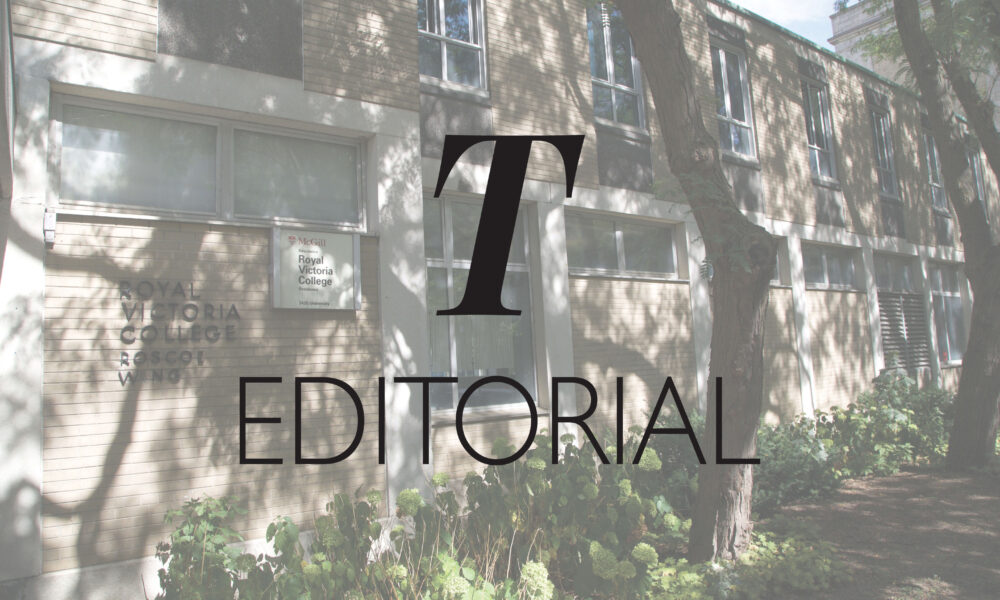On Jan. 26, Canadian Prime Minister Justin Trudeau appointed Amira Elghawaby as the country’s first federal representative on combating Islamophobia. Within mere days of her appointment, various politicians and Members of Parliament began calling for the resignation of the Canadian journalist, communications professional, and human rights activist.
Elghawaby was accused of promoting “anti-Quebec sentiment” for a column she co-authored in 2019 in which she argued that Quebec supporters of Bill 21 are swayed by Islamophobia. Calls for her resignation came less than a day after Elghawaby gathered with politicians and relatives of victims to mark the anniversary of the 2017 Quebec City mosque attack, an event that Legault chose not to attend. Conservative and Quebec nationalist political leadership have resorted to bullying Elghawaby because they are threatened by the position she occupies in the federal government.
Leaders of the Conservative Party of Canada, Bloc Québécois, and Legault’s Coalition Avenir Québec targeted Elghawaby for daring to criticize the racism ingrained in Quebec society. Enacted in 2019, Bill 21 bans public servants from wearing religious symbols, such as hijabs, while working. Elghawaby wrote that the “majority of Quebecers appeared to be swayed not by the rule of law, but by anti-Muslim sentiment,” as supported by a survey showing that deeply-rooted Islamophobia was the primary motivator behind support of the bill. The Léger poll found that of those who had negative feelings about Islam, approximately 88 per cent supported a ban on public school teachers wearing religious garments. Elghawaby also rightfully argued that legislation such as Bill 21 has served as a means of justifying and institutionalizing bigotry. Between 2020 and 2021, the number of police-reported anti-Muslim hate crimes in Canada increased by 71 per cent, making Elghawaby’s concerns just as relevant at the onset of the legislation as they are now.
Backlash against Elghawaby’s appointment demonstrates the ulterior political interests of opposition leadership in establishing party solidarity and rallying voter support. Members of the Conservative Party, including its leader, Pierre Poilievre, have even publicly opposed Bill 21 and argued that it infringes on people’s freedom. This suggests that their opposition to Elghawaby is primarily a play to appeal to Quebec voters. The bill is cloaked in rhetoric pandering to nationalistic anti-immigrant Quebecers, and criticism of Elghawaby is being instrumentalized to win the favour of this voter base.
Legault manipulated Elghawaby’s comments, framing them as motivated by contempt towards the province, in order to champion Quebec nationalism. After a meeting with Elghawaby on Feb. 1, during which she apologized for her comments, Bloc Québécois leader Yves-François Blanchet rejected her apology and called for the removal of the position entirely. The refusal to acknowledge the growing Islamophobic sentiment across Canada, as well as the need for a representative dedicated to fighting it, demonstrates Canadian politicians’ weaponized ignorance. The immediate outrage suggests that it is not just Elghawaby that Quebec politicians are virulently against, but rather the new federal position itself.
Akin to the targeting of Elghawaby, on Feb. 2, Representative Ilhan Omar was ousted from the Foreign Affairs Committee of the Republican-led House for comments critiquing the United States’ support of Israel. This follows a slew of Islamophobic remarks from other congresspeople. The congresswoman was the first member of the U.S. Congress to wear a hijab, which was forbidden until her appointment. In 2021, Omar introduced and passed a bill that would establish a special envoy to combat international Islamophobia. Both Elghawaby and Omar are trailblazing Muslim women of colour and embody targeted minorities within their respective political institutions. The backlash they have each faced are racist attacks by right-wing leadership that feels entitled to define Islamophobia without ever seeking to dismantle it.
The response to Elghawaby’s appointment demonstrates Quebec’s dominant political ideology of exclusion and nationalism. Calls for Elghawaby’s resignation must end, and Quebec residents must pressure the province’s current political leadership to support her—not demonize her.








